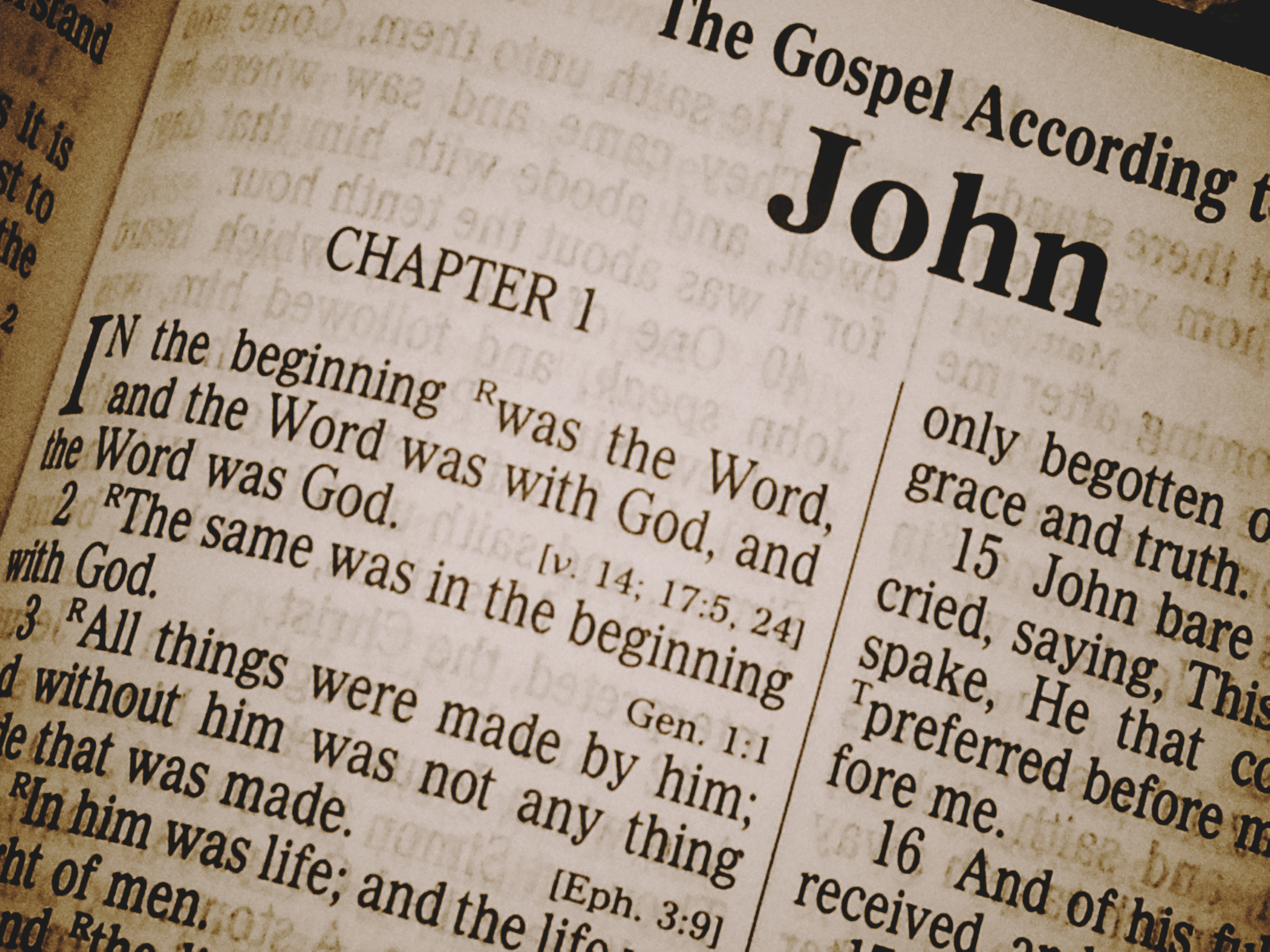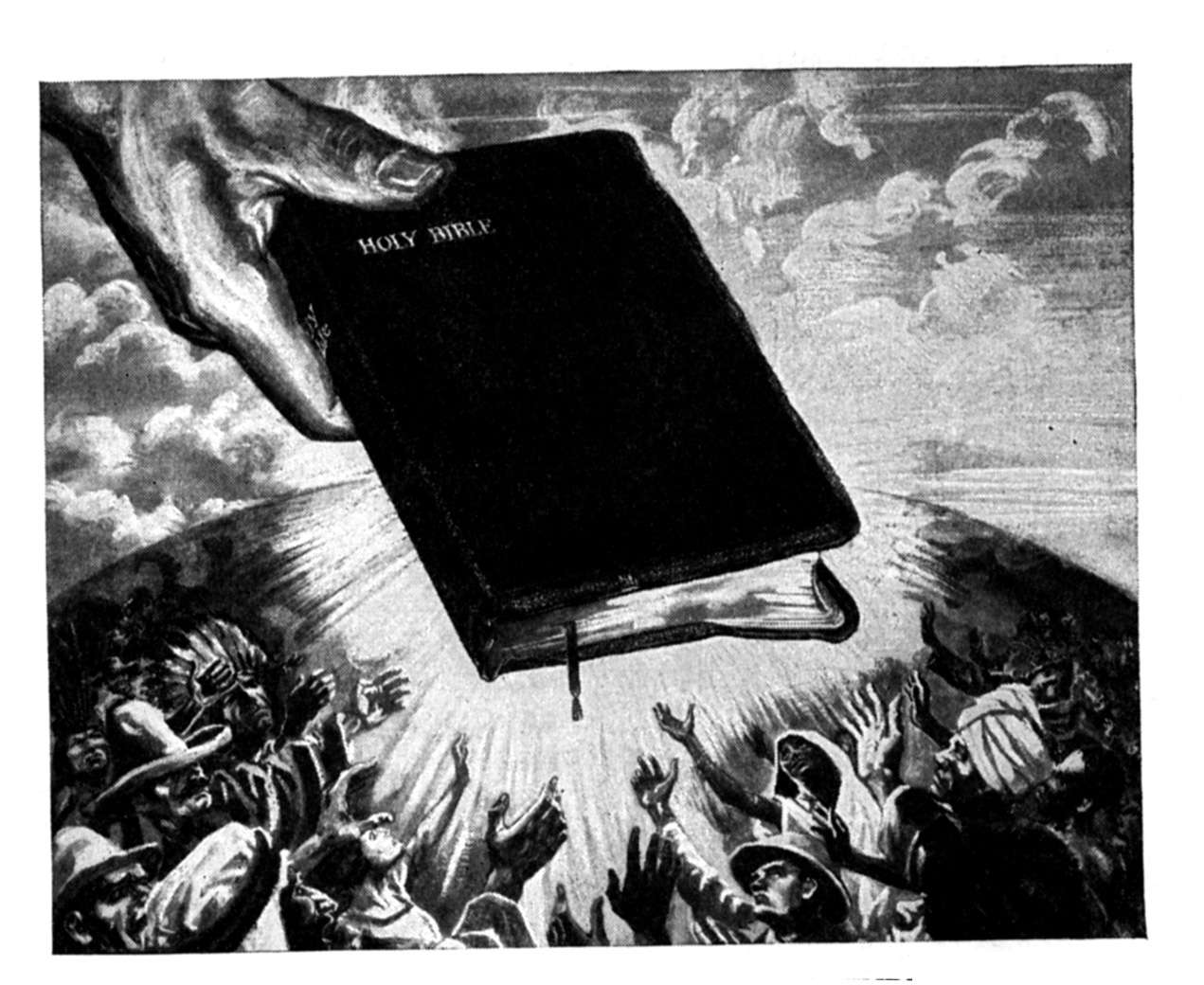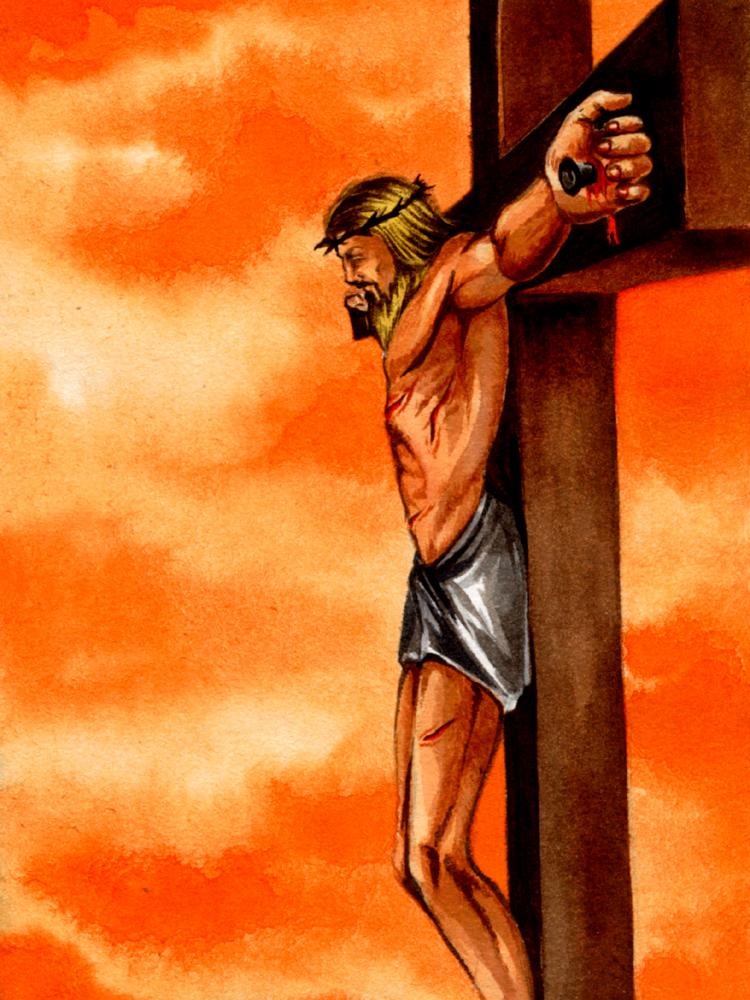In this age of moral relativism or situational ethics, it is unpopular to believe in, much less purport, that there is one single truth. Most humans live under the notion that every person can determine their own truth for themselves. The problem with this delusion is that when your truth conflicts with my truth there will inevitably be conflict. Ultimately, the result is theft, murder and wars.
The reality that a single truth is better than multiple truths is reflected in the laws of a nation. Ostensibly there is supposed to be one set of laws (or one truth that determines what is right and wrong) for all the citizens of that country, state or city. Obviously, if every person had a different set of rules or truths when they got behind the wheel of an automobile, mayhem would occur. So at this level, it’s not difficult to see the need for one set of rules or, literally, one truth.
The difference of opinion as to what constitutes truth, however, occurs when we take this discussion to the moral and spiritual level. Truth at this level is less tangible and quantifiable. That’s why there are so many religions and philosophies extant. There seems to be something out there for everyone. It’s like going to an ice cream store with 1,031 flavors. And if you don’t like one of the existing flavors of “truth” you simply make up your own and call yourself “spiritual.” That’s what new ageism is all about! Each person can make up their own truth. This is, in reality, a self-styled religious system where each person picks and chooses what they will or will not do. It’s the “have it your own way approach” to life. Or to put it another way, “Do what thou wilt,” which is a mantra of modern day satanists. Or “if out feels good, do it,” which was the hippy mantra of a generation ago. The Bible calls it “every man doing what’s right in his own eyes,” and further tells us that “there is a way that seems right to a man, but the end result is death.”
Ultimately, this is the rejection of the one, single divinely revealed Truth of Elohim. It’s the rejection of Torah—the instructions, teachings and precepts of Elohim. In reality, it’s accepting the lie of the serpent in the Garden of Eden at the tree of knowledge when he told the first humans, in essence, “You really don’t have to obey Elohim. You can pick and choose which of his commands you want to do and reject the rest.” Well, anyone who knows their history and who has their eyes open to reality around them can see how that approach has worked out from then until now.
Make no mistake, the rejection of Elohim’s one truth is, in reality, a flat out rebellion against the Creator and a rejection of his truth, which the Bible defines as witchcraft or satanism (1 Sam 15:23).
Man lost paradise on earth when he rejected Elohim’s truth. The utopian paradise that everyone secretly longs for in their heart will not be regained until Yeshua the Messiah returns and establishes his kingdom on earth with the Torah as the one truth that everyone must live by. Even then, not everyone will accept Yeshua’s rule and truth. Those who don’t will be condemned at the white throne judgment and cast into the lake of fire at the end of the age. Those humans who have accepted the Truth of Elohim will be allowed to eat from the tree of life and will experience the utopian paradise of the New Jerusalem on the new earth in the new heavens.
This all starts with an understanding of the definition of truth.
John 17:17, Truth. Yeshua, the One sent to this earth from Elohim in heaven, says here, “Thy [Elohim’s] Word is truth.” In Matthew 4:4, Yeshua said, “Man shall not live by bread alone, but by every word that proceeds out of the mouth of Elohim.”
So what is truth? The word in Hebrew for truth is emet (spelled aleph, mem, tav), which is comprised of the first, middle and last letters of the Hebrew alphabet. Truth embodies everything from the beginning to the very end of YHVH’s Word (literally, his Torah or the first five books of the Bible, and secondarily, the whole Bible from Genesis to Revelation).
Interestingly, the Scriptures call Yeshua “the beginning and the end of our faith” (Heb 12:2), and likens him metaphorically to alpha and omega (Rev 1:8, 11; 21:6; 22:13), which are the first and last letters of the Greek alphabet. These letters corresponds in symbolic meaning to the aleph and tav, which are the first and last letters of the Hebrew alphabet.
In Hebrew thought, truth consists of all of the Word of Elohim from the first letter in the Hebrew alphabet to the last letter. This same idea is picked up by the Jewish apostolic writers of the Testimony of Yeshua and applied to Yeshua who was the Word of Elohim sent to humanity in human form. As the human embodiment of the divine Word of Elohim he was referred to as the alpha and omega, or, in Hebraically, the aleph and the tav. We see this idea expressed in John 1:1–5 and 14 where it says of Yeshua,
In the beginning was the Word [Torah], and the Word was with Elohim, and the Word was Elohim. The same was in the beginning with Elohim. All things were made by him; and without him was not any thing made that was made. In him was life; and the life was the light of men. And the light shineth in darkness; and the darkness comprehended it not.… And the Word was made flesh and dwelt among us, (and we beheld his glory, the glory as of the only begotten of the Father) full of grace and truth.
John 18:38, What is truth?
What Is Truth?
Pilate asked Messiah Yeshua, the Son of Elohim, a question many inquiring minds have Continue reading →







